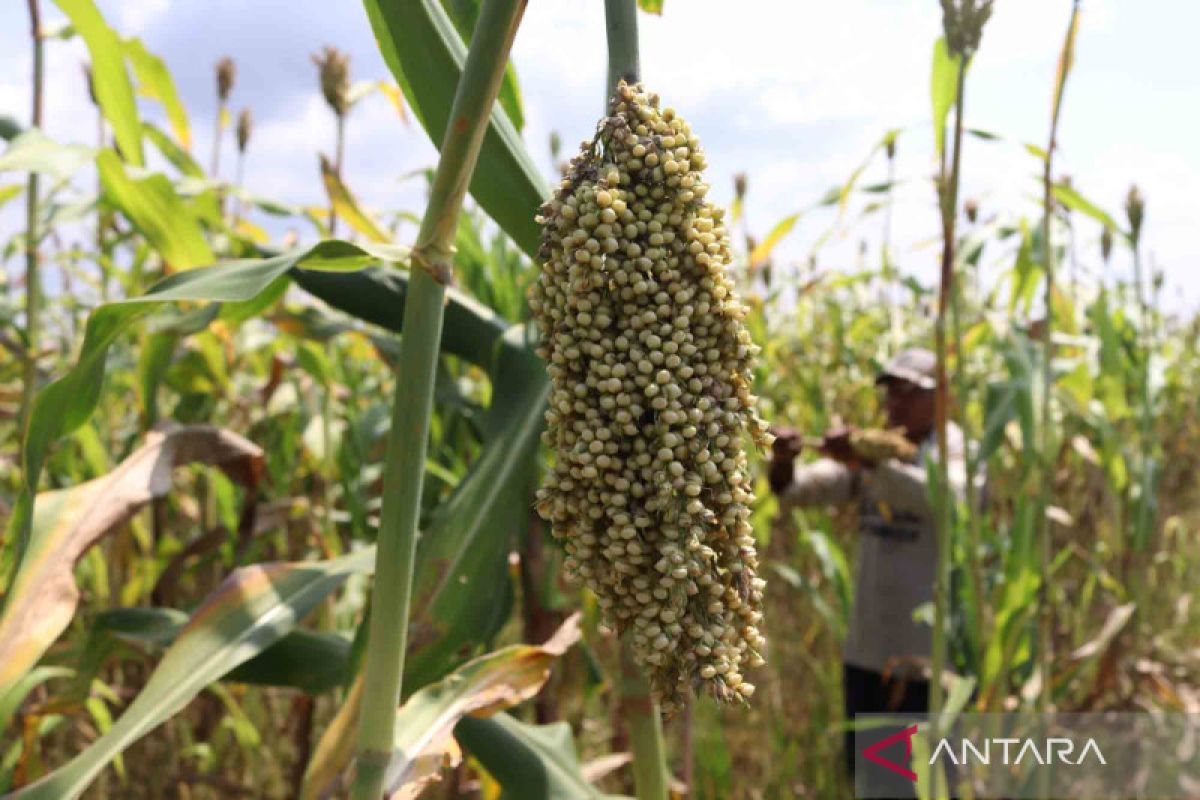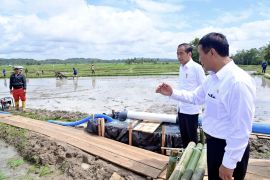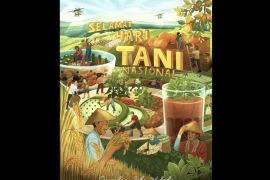Head of BRIN's Food Crop Research Center, Yudhistira Nugraha, said on Friday that C4 cereal plants are more resistant to extreme temperatures and save more water.
"Commonly known plants like sorghum and corn fall into this category," he said.
He pointed out that transitioning to these commodities could be one option for adapting to climate change, but it must be accompanied by changes in eating habits, which can be encouraged from an early age.
In addition to sorghum and corn, there are several other lesser-known cereal commodities that can also substitute for rice, such as adlay millet (Coix lacrimo-jobi L.) and foxtail millet (Setaria italica), he added.
Nugraha also outlined other adaptation efforts that can be undertaken, specifically preparing agricultural technology that is adaptive to temperature changes.
This can be achieved by cultivating varieties that are more resistant to extreme heat, using less water, and implementing mitigation measures to reduce greenhouse gas emissions in the agricultural sector, such as employing intermittent irrigation and applying fertilizer in a balanced manner.
The Meteorology, Climatology, and Geophysics Agency (BMKG) has projected that Indonesia's average temperature will rise by 4 degrees Celsius by 2100.
The National Food Agency (Bapanas) previously sought to enhance synergies for the development of integrated sorghum agribusinesses as part of efforts to maintain food stability in the face of the El Niño threat.
The agency has signed an agreement with several agricultural companies to develop sorghum agribusiness technology.
Bapanas head Arief Prasetyo Adi said on Tuesday that his agency has been consistenly promoting sorghum as both food and feed source.
At present, Bapanas is working on initiatives to help people accept and become accustomed to consuming sorghum.
"If sorghum is able to become a food source that is consistently consumed, then the level of production volume and supply must be maintained," he said.
Related news: Bapanas strengthens sorghum development to maintain food stability
Related news: KSP asks BRIN to boost research on superior sorghum seeds
Translator: Ahmad M, Azis Kurmala
Editor: Anton Santoso
Copyright © ANTARA 2023












